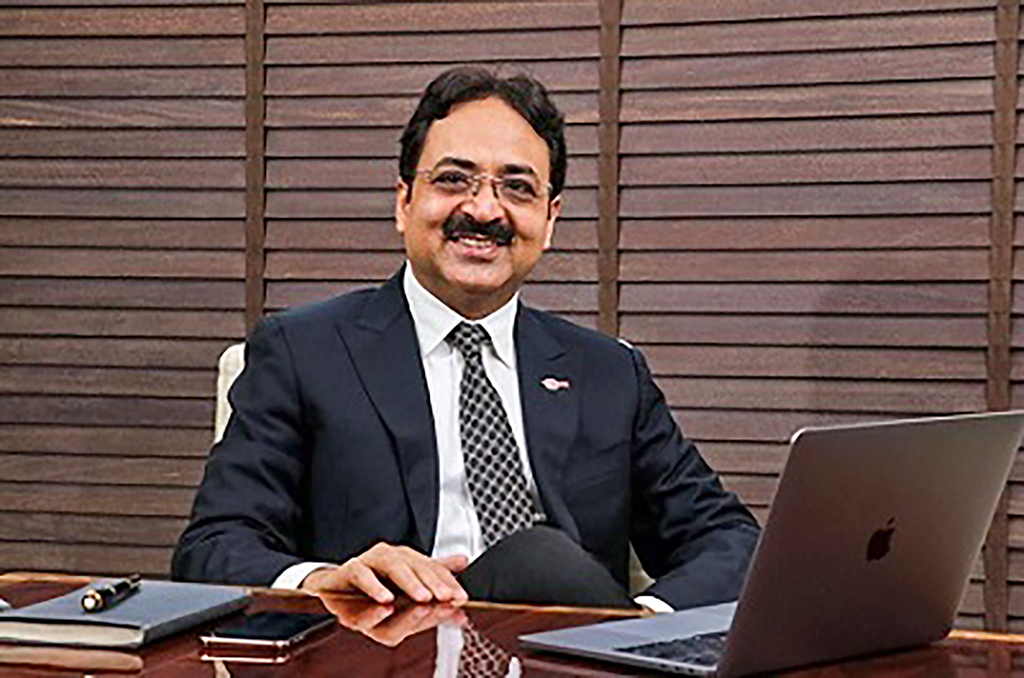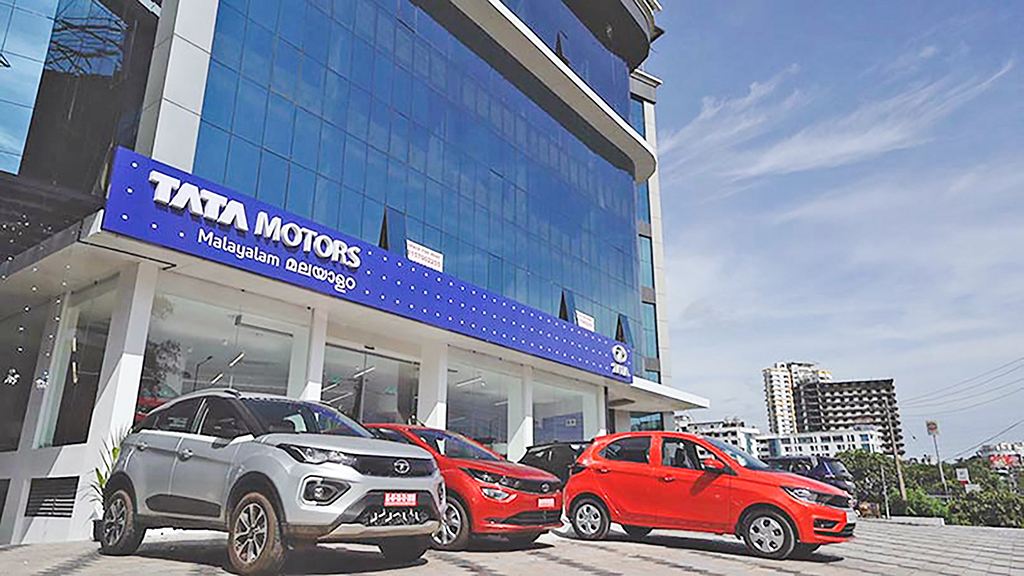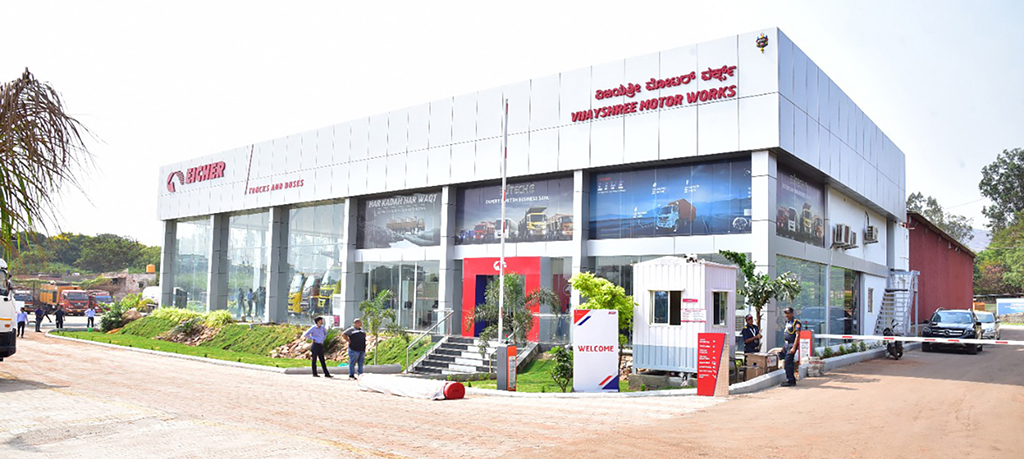
In a frank and insightful interaction with Rajesh Rajgor, FADA President Vinkesh Gulati speaks candidly about the current state of automobile retail in India, initiatives and activities conducted by FADA for dealers, their rights in the form of the Auto Dealer Protection Act and the medium to long term outlook for the automotive industry
From the chair of the president of FADA, how do you analyse the current market performance and sentiments of dealers, consumers and the market outlook in the medium to long term?
As an association we are doing a lot of activities for dealerships but specifically as its president I am pushing for an automotive dealer protection act. We are pushing this through a lot of ministries as there are similar acts in many markets like Australia and Brazil. We want a level playing field when we deal with an OEM. The second point of concern is the model delay agreement because our dealer agreements are one-sided. As per the contract act, we have to abide by whatever agreement we sign, which is not the right way to do business. These are the two things that I am actively working on. As far as the medium to long term is concerned, we feel we are at the best of the time in the car segment.
This financial year we will see the best sales happening and if this trend continues for another two to three years we will become the third-largest car market in the world very soon. However, the two-wheeler segment is still in a state of flux till the time the electric vehicle (EV) capacity grows to a sizeable number. Today, the capacity is too less and we are doing something like 50,000-55,000 units. Unless and until we go to a level of 2-3 lakhs, I don’t feel that the two-wheeler segment will be back on track. This implies that it may take about 2-3 years for regaining the lost glory. However, the fact that legacy OEMs hitherto selling ICE are now shifting to electric will boost the segment.

The tractor segment is good and it will continue to be in the green zone. The three-wheeler segment is in the negative but with the kind of electrification that is happening right as of now, this category may come out of the woods very soon. It is at 56% currently and will grow more. For commercial vehicles the push from the infrastructure sector will bode well. Thus, to take an overall view, except for the two-wheelers the rest of the categories are bouncing back to normal. But India is the biggest two-wheeler manufacturer in the world and the loss of 30-40 lakh vehicles as seen currently cannot be covered by all the other categories put together. Up to 70% of the revenue is toted up by the two-wheeler segment and its negative trend will affect the entire automotive industry.
While you do a lot of things for the growth of FADA that includes seminars, workshops, events, awards, etc., is there something that you periodically do to train dealerships into boosting their sales?
All our events have some training programmes where the crux is to tell dealers to work efficiently. There are workshops on efficiency in order to help dealers increase their vehicle sales. The other part is an employee productivity programme where the dealers are taught to manage people and get the best out of them. Additionally, we are also into process software training. Through the FADA academy we have floated a four-month programme of leadership where we go through the dealer principles. In this they learn how to lead their team. One thing which is clear is that a person has to handle many people in order to be successful.

If a person knows how to be a good leader or how to manage people relationship, he can be an excellent dealer or entrepreneur. Secondly, we are working on a three-month management dashboard which a dealer can review or check every morning. By following it he will know if the proposed work or project is going on the right track or not. These two programmes are so designed as to take the dealers to the next level in the management of their business. There is also a longer programme which we are in the process of collaborating with Narsee Monjee Institute. This is being designed for the next generation of dealers. This will be a certificate course in automobile management, dealership management, etc.
Clearly you have packed in a lot of activities. What is up and coming for FADA? What does the calendar look like?
FADA is a 58-year-old body and no doubt we have become aggressive and credible in the past two years. We have a very good team led by our CEO Saharsh Damani and we have great support from Indira Menon who works out of Delhi. Also, we have a very good support system from our dealer friends. Our set-up is such that the team usually represents a zone in India. In terms of hierarchy we have the president, the vice president and the treasurer. All the zones work in coordination and we have state-based chairpersons who take care of their own regions. This is helpful to deal with state-level subjects such as road tax. We also have a governing council team of around 55 members whom we can count on for guidance. All this helps achieve things in a short period of time.
Then we have some annual events such as the two-wheeler conclave that we host in Delhi, the finance and insurance summit as well as the dealer awards which were recently concluded in Mumbai. There is also an automotive retail conclave which we normally hold in tandem with the Annual General Meeting (AGM) of SIAM and ACMA. It will take place this year on September 13. We also have an automotive summit which will coincide with the automotive expo scheduled to take place on January 13. All such events help the dealers to interact with each other and they can also attend panel discussions to hear what the experts have to say. All this helps improve their management and sales. Essentially, FADA works towards achieving ‘ease of doing businesses’ for its members.

Could you elaborate and take us through some of the petitions you have been filing and working on with with the Ministry of Road Transport and Highways (MORTH)?
For the past four five years we have been pushing MORTH on faceless registration. We got the CMVR rules passed in March 2020. Till date there are a lot of states that haven’t implemented the same. We are thinking of going ahead with the RTI procedure and then follow it up with a writ petition in respective high courts asking why they haven’t changed the state rules as compared to the national rules. Why is it that they are still continuing with their old non-digital way of the regional transport offices? We are recently talking with the MORTH on changing our annual renewal of trade license, which allows us to sell a vehicle, to make it five years.
We don’t know why we have every year renewal because dealerships are normally for life. The authorities have agreed and have drafted a five-year renewal plan. Another thing that we have been lobbying for is to get the unorganised used car dealers into the bandwidth. MORTH has agreed and a draft is already in line to give trade certificates to registered car dealers. If this happens, all the problems regarding name change connected to sale of used cars will be resolved. Our team with the active support of Manish Raj Singania, Sai Giridhar and C S Vigneshawar is working hard on getting all such issues dealt with to arrive at logical conclusions.